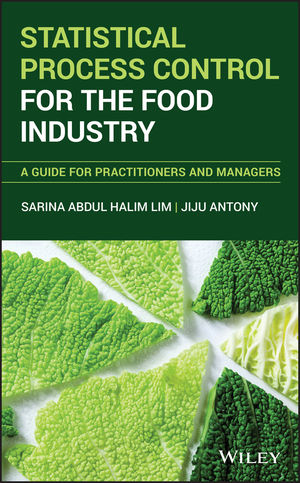Autogrow, Santa Rosa, Calif., announced a collaboration with competitor Ridder Group, The Netherlands, and NATIVE, New York.
The collaboration is made possible with the launch of Farm Road, Autogrow’s new farm management platform.
“FarmRoad was conceived to fulfil two broad purposes—a platform for autonomous farming, and secondly as a way of bringing together all disparate technologies that farmers use into one unified management tool,” says Darryn Keiller, chief executive officer of Autogrow. “To be truly unified, you need to be open and work collaboratively across the industry with buy-in from existing major players. It’s a concept we advocated two years ago when we came out with the first open API (Application Programming Interface), and I’m pleased to be in a position to say the dream is now tangible. We are ecstatic that Ridder has shown the foresight and faith in us, to support what we are doing and join us in showing the industry what is possible when true collaboration occurs.”
Both Autogrow and Ridder market automation solutions for controlled environment agriculture (CEA), and now both will be able to integrate with FarmRoad.
“The Ridder Group, developer of the HortiMaX greenhouse control systems for over 40 years, supports the initiative of Autogrow,” says Joep van den Bosch, chief innovation officer, Ridder Group. “Ridder believes strongly in a connected future where systems and data is shared for the benefit of optimizing the plants’ growing conditions and more efficient and sustainable greenhouse operations. As an industry partner, Ridder will make it possible for growers to connect their Ridder climate control and irrigation systems to the FarmRoad platform.”
Autogrow will work closely with Ridder Group and NATIVE during the pilot phase.
“The next iterations of FarmRoad include flower and fruiting identification through machine vision and AI to provide pollination rates and flower-to-fruit conversion performance. We will be extending the third-party integration to include finance, labor management, food security and more,” says Keiller.










